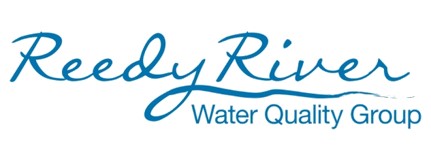Did you know? FOG clogs!
When Fats, Oils, and Greases (FOG) are poured down the drain, they can solidify and accumulate in sewer and septic pipes leading to a blockage, burst and overflow. When an overflow occurs, harmful bacteria can enter our environment and waterways untreated.
Can it, Cool it, Trash it
Never pour FOG down a garbage disposal, sink, or storm drain. Allow FOG to cool and then seal in a can or bottle and dispose in the trash or at a local recycling center. Remove remaining FOG from pans and dishes by scraping and absorbing with a paper towel and throw the paper towel in the trash. Hot water and soap do NOT eliminate FOG because it will eventually reform and solidify in pipes.
